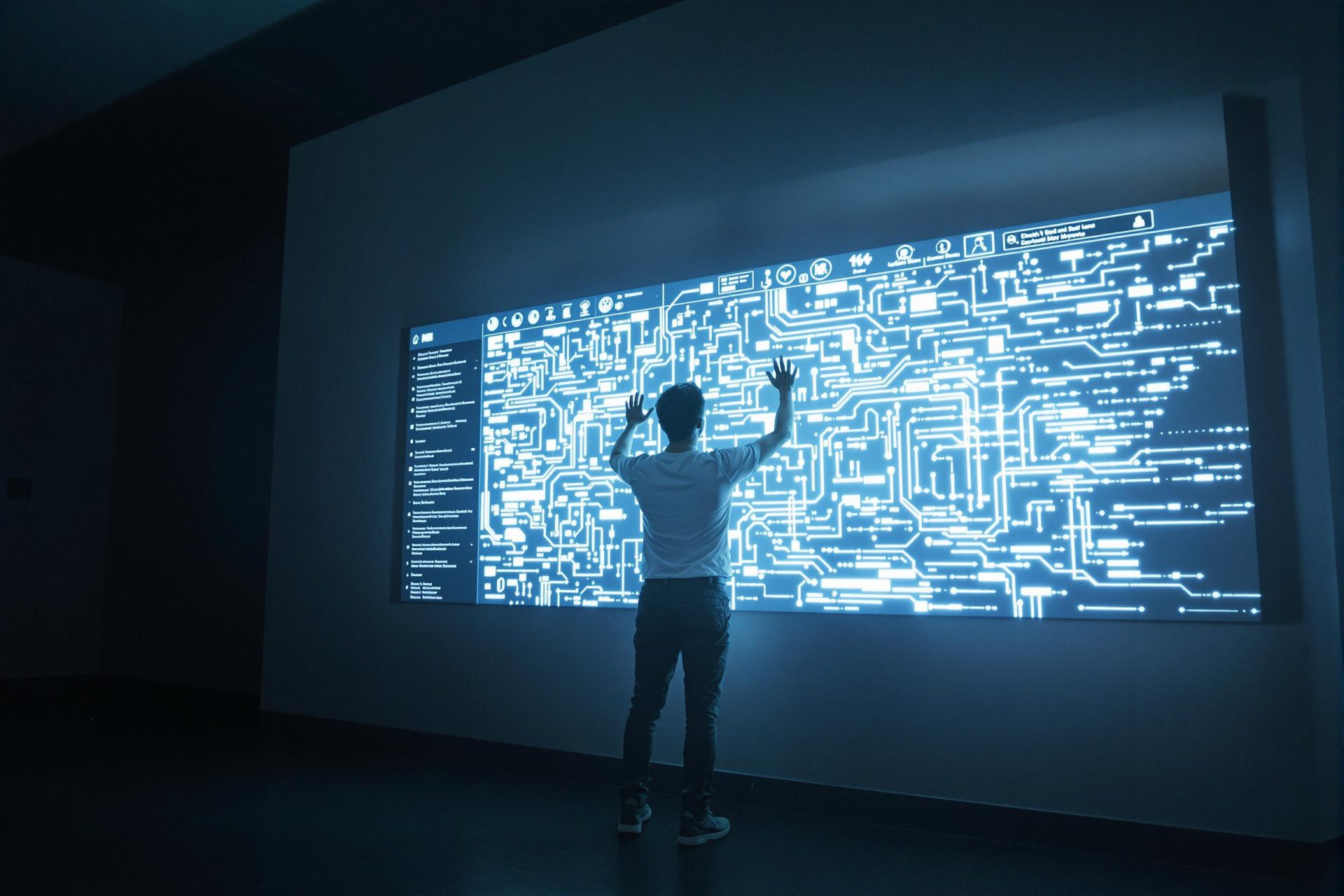Key Takeaways
- The focus in AI is shifting from conversational tools to “AI agents” that can act independently.
- AI agents can perform tasks, improve efficiency, and lower operational costs, according to research from places like MIT.
- Experts suggest these agents might decrease the need for deep human specialization in some fields, instead favoring those who can manage AI tools.
- Future workplaces could see humans planning and coordinating tasks while AI agents handle the execution.
- Companies are already experimenting with AI agents, particularly in areas where potential errors have lower stakes.
Last year brought AI like ChatGPT into the mainstream conversation. This year, the buzz is all about “AI agents” – artificial intelligence designed not just to talk, but to *do* things.
Think of it like this: instead of just generating text or images, AI engines are starting to take initiative and complete tasks on their own. Some tools, like those from Anthropic, are already showing this capability.
Researchers at MIT are even tracking these developments with an “AI agent index,” exploring how these systems are being used for tasks like research and software development. Work from MIT’s CSAIL lab highlights potential benefits such as increased efficiency and specialization.
The conversation around AI agents explores how they might reshape business and work. An essay by Gian Segato, discussed recently by Nathaniel Whittemore, paints a picture of new companies emerging that achieve massive success with small teams, leveraging AI.
Segato argues that AI amplifies human ingenuity rather than simply replacing it. He suggests that true “agency” – the drive to act without explicit instruction – is key. This applies to both humans using AI and potentially the AI itself.
A significant point raised, as detailed in the original Forbes article, is that AI could disrupt the traditional value placed on specialized human knowledge. For many tasks, achieving results that once required years of experience might soon only need readily accessible AI tools.
This doesn’t mean expertise becomes irrelevant, but the landscape might shift. Segato suggests a split: in high-stakes fields like defense or healthcare where errors are critical, specialized human oversight will remain crucial. We’ll still want human accountability.
However, in areas like marketing, design, or data science, where iteration and occasional AI mistakes are acceptable, we could see a rise in non-specialized individuals achieving great results using AI agents. The speed of AI improvement supports this trend.
Building on this, Nathaniel Whittemore points to predictions, like one from a Microsoft work trend index, suggesting a future where humans focus on planning and directing AI agents, which then carry out the tasks. Humans become orchestrators of AI.
This division is already visible. Companies are testing AI agents more freely in areas where failures aren’t catastrophic, learning and adapting as the technology improves. The potential for AI agents is significant, but integrating them requires careful thought.
As AI agents become more integrated into various industries, the challenge for humans will be adapting and learning how to work alongside these powerful new tools, potentially changing traditional business structures and roles in the process.



